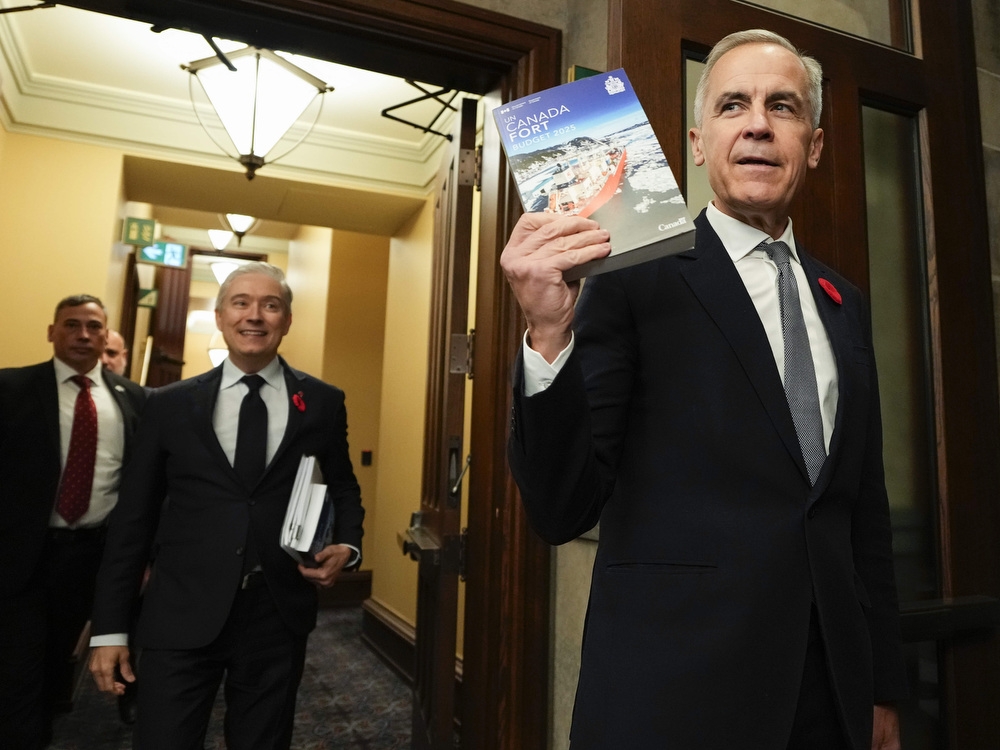The quiet hum of a transatlantic flight masked a private struggle unfolding within the cabin. A United Airlines flight attendant, a veteran of 26 years, succumbed to a desperate attempt to quiet her anxieties, a decision that would unravel her career.
Margit Lake, 56, secretly consumed multiple mini bottles of vodka during the overnight journey from San Francisco to London Heathrow, hoping to soothe her nerves while attending to passengers. What began as a coping mechanism quickly spiraled into a dangerous situation.
Upon landing, paramedics were immediately dispatched to the Boeing 777 after concerns were raised about a crew member’s condition. They found Lake exhibiting clear signs of intoxication – a strong smell of alcohol and dangerously low blood pressure. A subsequent test revealed a staggering blood alcohol level of 216 milligrams per 100 millilitres, more than eight times the permitted limit of 26 for cabin crew.

The revelation led to Lake’s swift resignation from the airline, a fall from grace after decades of service. While facing potential imprisonment, she was ultimately spared a two-year sentence because her intoxication hadn’t demonstrably disrupted the flight’s safety or operation.
Instead, Lake received a substantial fine totaling £2,129, encompassing a penalty, victim surcharge, and legal costs. The incident underscores the serious risks associated with alcohol consumption for those responsible for passenger safety.
The airline industry is acutely aware of the amplified effects of alcohol at high altitudes, where even small amounts can have a disproportionately large impact. Disruptive passengers, fueled by alcohol, can trigger costly flight diversions and necessitate compensation for affected travelers.

Recent measures taken by airlines like Ryanair demonstrate a growing intolerance for such behavior, with the introduction of hefty fines – starting at £500 – for those who cause disruptions. Calls for stricter airport alcohol limits, such as a proposed two-drink maximum, are gaining traction.
The problem extends beyond passengers, impacting pilots as well. A recent incident involving a British Airways captain highlighted the potential for off-duty conduct to jeopardize flight safety. She was reported to have behaved aggressively while traveling as a passenger, prompting an aborted takeoff and subsequent suspension.
These cases serve as stark reminders of the critical need for vigilance and responsible behavior within the aviation industry, where even a single lapse in judgment can have far-reaching consequences.






